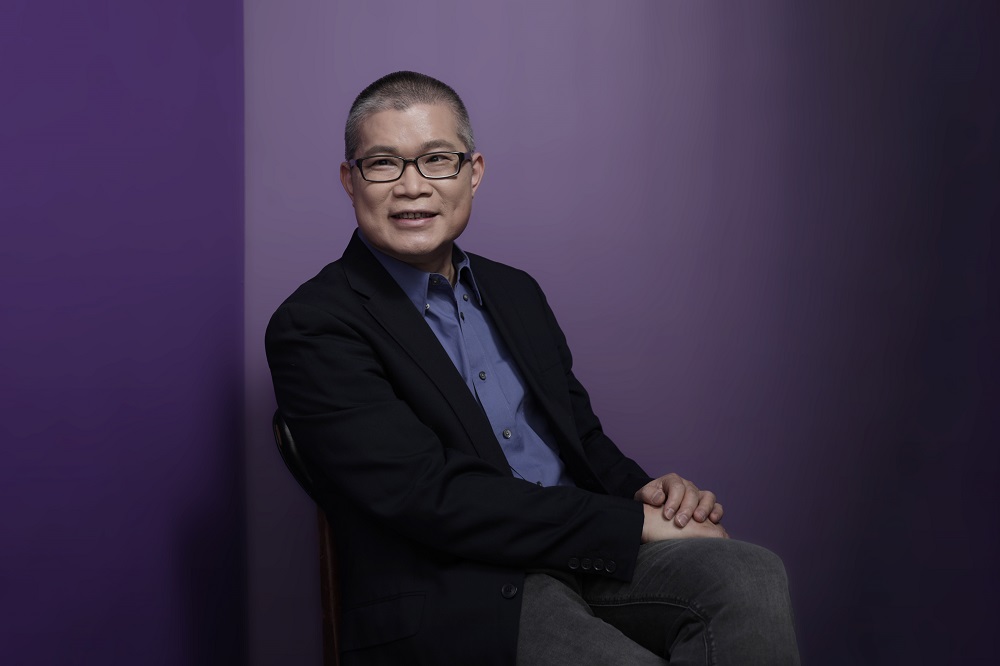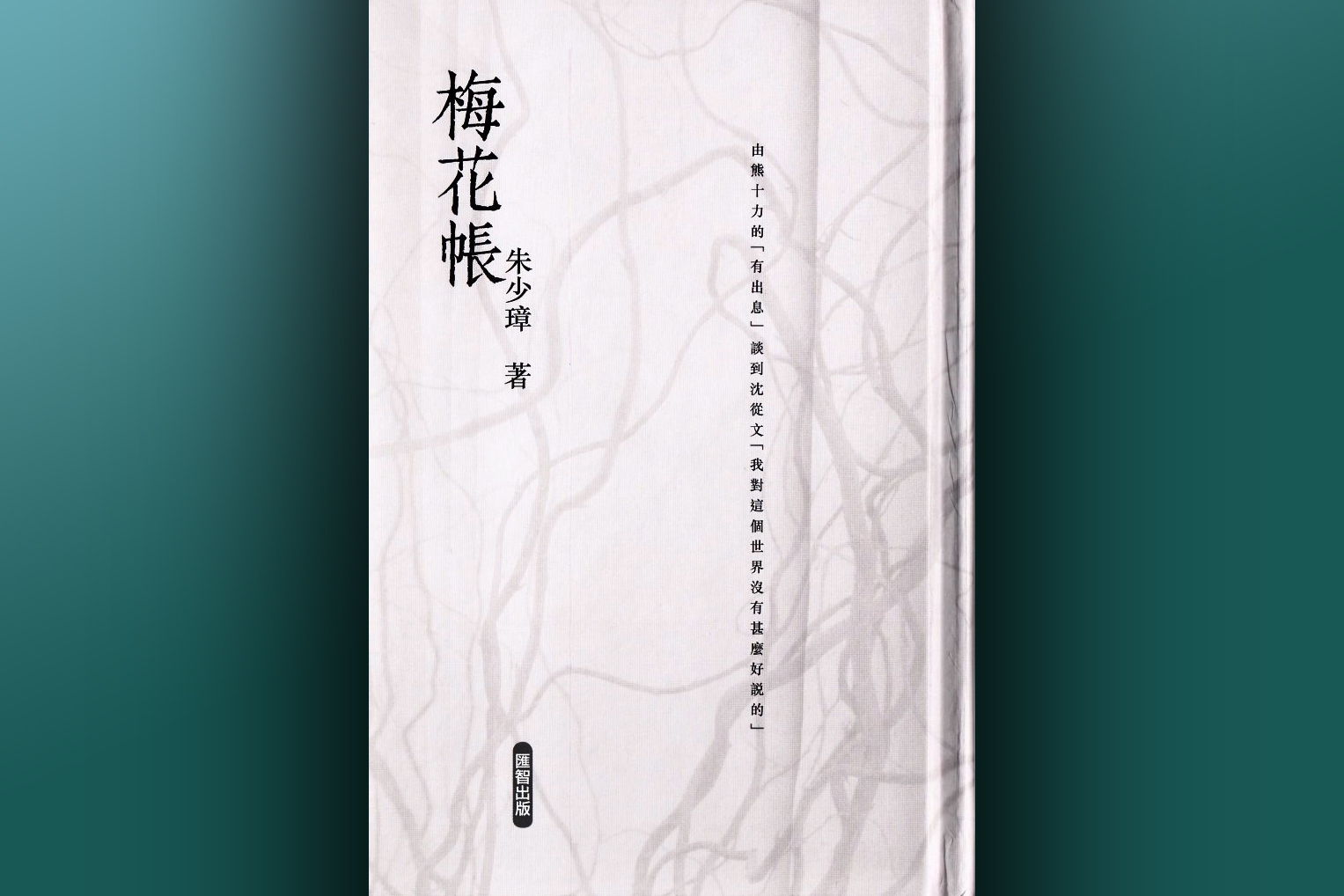Discover HKBU
Three questions on creative work: Dr Chu Siu-cheung
28 Feb 2023
While Dr Chu Siu-cheung, Senior Lecturer of the Language Centre, has always dedicated himself to teaching classical Chinese literary works and the Chinese language, his love for poetry and literature remains a driving force in his life. Among the classical poetry and essay collections he has published, A Private Domain (《梅花帳》) blends poems, essays, and drawings in a bid to express his thoughts on ordinary things in life, and his views on current issues through the style of classical poems.
For Dr Chu, the plum blossom paper canopy (the literal meaning of the book title in Chinese) commonly found in the bedrooms of ancient Chinese people projects an image of solitude and a sanctuary for one’s mind and spirit. He believes that everyone has their own private domain, and it is important to be able to be alone while maintaining harmony in diversity.
What inspired you to create this work?
In Embossed (《隱指》), my collection of essays which was published more than a decade ago, I said, “I like to write about people, events, books, and ideas.” My preference, or inclination, when it comes to writing has not changed. As a matter of fact, one is unable to, cannot, and should not force oneself to write about just any topic. Writing about topics that you are familiar with and enjoy is the only way to create freely.
I write to express my personal views, and I’ll leave it to the great writers of our time to tackle the grand themes of literature and their visions of the arts. Therefore, the people, events and books that I come across in my daily life have inspired me a lot. In fact, most of my life involves books – whether it’s studying, reading, teaching, editing, or writing – books are particularly inspiring to me. I like to quote interesting or insightful ideas in my articles: these sources inspire me, and I believe they will inspire readers too.
What are the messages conveyed in this work?
I hope that readers can get a sense of my thoughts and views on life, literature, taste and value from the essays of A Private Domain. At the end of the day, I hope that readers will care and understand a little more about these things too. As I said in the postface of this book:
To say “writing is food for the soul” means that it is good to look at, but not good to eat. In life, it is more important to eat than to see; if you do not have enough to eat, whatever you see is meaningless. When people are well-fed and clothed, they will know honour and shame. Yet honour and shame are not concrete, just “pie in the sky” concepts. Of course, the “pie” must be made well enough to be nicely presented … Therefore, even though writing does not have any tangible meaning or value, you still have to be very serious and diligent in making it “look good”. Our predecessors often used the terms “wordplay” (煮字), “digesting information” (消化文章), “chewing over the meaning of the text” (咀嚼文意), “relishing the words” (含英咀華) and “being full of literary knowledge” (飽讀詩書), all of which connote visions of food and eating.
These reflections on reality and ideals are sometimes hidden or made known in the essays of A Private Domain, waiting to be appreciated and savoured by thoughtful readers.
What makes you especially fond of this work?
The essays in this work reflect my artistic aims in essay writing, which is to create an essay style that is both “sentimental” and “authentic”, so that my work can have artistic attributes and the impact of “classical unfamiliarity”. I have tried to gradually integrate descriptive and expressive techniques into my essay collections Chalk Circle (《灰闌記》) and Embossed. I hope to break new ground by using a writing style that is both “sensitive and sensible” while also balancing what is heavy and light, rigid and soft, classical and colloquial, as well as sombre and humorous.
To my delight, my attempts have been recognised several times: Chalk Circle won the First Prize in Essay at The 10th Hong Kong Biennial Awards for Chinese Literature, and Embossed was awarded the Recommended Prize in Essay at The 11th Hong Kong Biennial Awards for Chinese Literature. A Private Domain won the First Prize in Essay at The 13th Hong Kong Biennial Awards for Chinese Literature as well as the Best Book Award at the 2nd Hong Kong Golden Book Awards. In addition, renowned Macao painter Chan Wai-fai created 28 illustrations for A Private Domain. His ink and watercolour artworks portray the concepts in each of the essays, enriching the readers’ experience beyond words.


